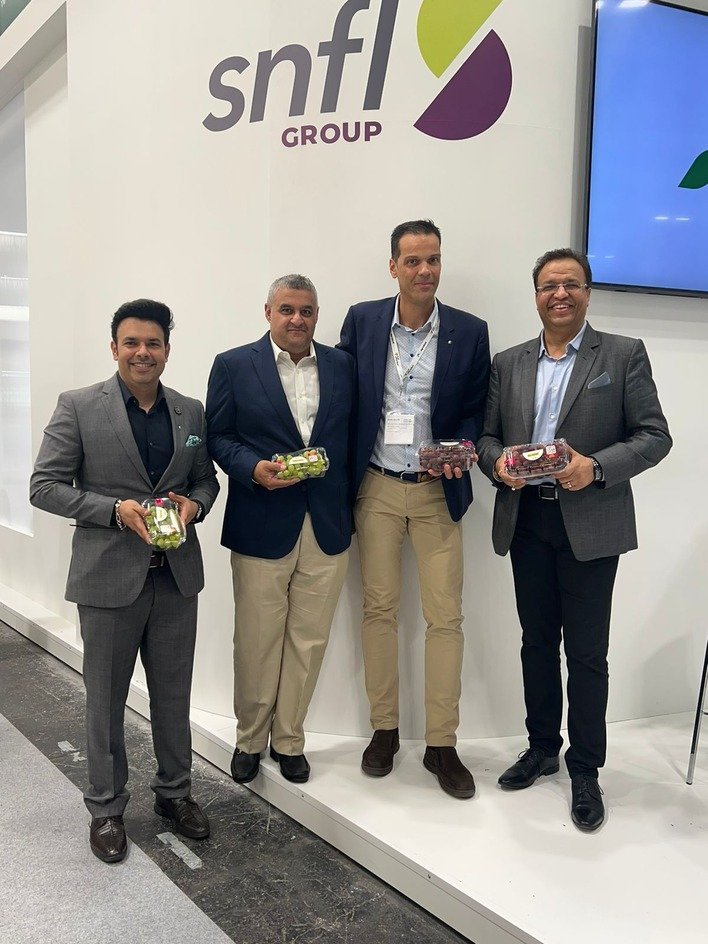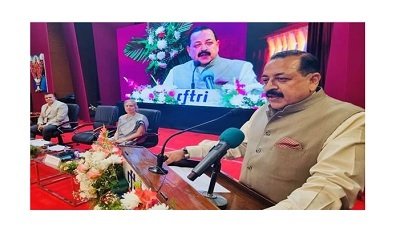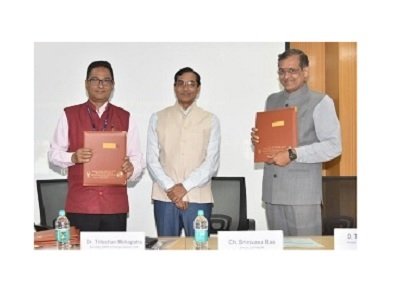John Deere announces 2024 startup collaborators
Companies demonstrate John Deere’s commitment to customers’ future needs
Deere & Company announced the names of six companies chosen for its 2024 Startup Collaborator program. The John Deere Startup Collaborator program was launched in 2019 to enhance and deepen the company’s interaction with startup companies whose technology could add value for ag and construction customers.
“The startup program is mutually beneficial for John Deere and the startup companies that participate,” said Dennis Muszalski, VP, Module & Electrification Systems Engineering. “The program is based on finding benefits for our customers. The goal is to learn together and explore new ways to help customers unlock more value in ways they never thought possible.”
The companies participating in the 2024 Startup Collaborator include:
Constellr – a company measuring land surface temperature and water from its satellites at unprecedented accuracy levels to enable insights for a more sustainable future.
Geminos – an artificial intelligence company empowering businesses to understand and leverage causality for enhanced decision-making.
SB Quantum – a quantum sensing company focused on navigation based on a novel quantum magnetometer.
Fermata Energy – a leader in vehicle-to-everything (V2X) bidirectional charging platform technology.
goFlux – a Brazil based logistics company focused on digital solutions to connect the ecosystem for freight transactions.
Cloudscape Labs – a production management software company focused on providing job site visibility across the construction team to help meet production, cost, and safety targets.
“The cohort this year represents a diverse group of solutions that are applicable across a range of challenges and opportunities that our customers face,” said Cody Sorge, Business Development Manager for the John Deere Intelligent Solutions Group. “We look forward to working side by side with these companies to learn together regarding their solutions and how they can apply to John Deere customers in Agriculture and Construction.”
Companies demonstrate John Deere's commitment to customers'














